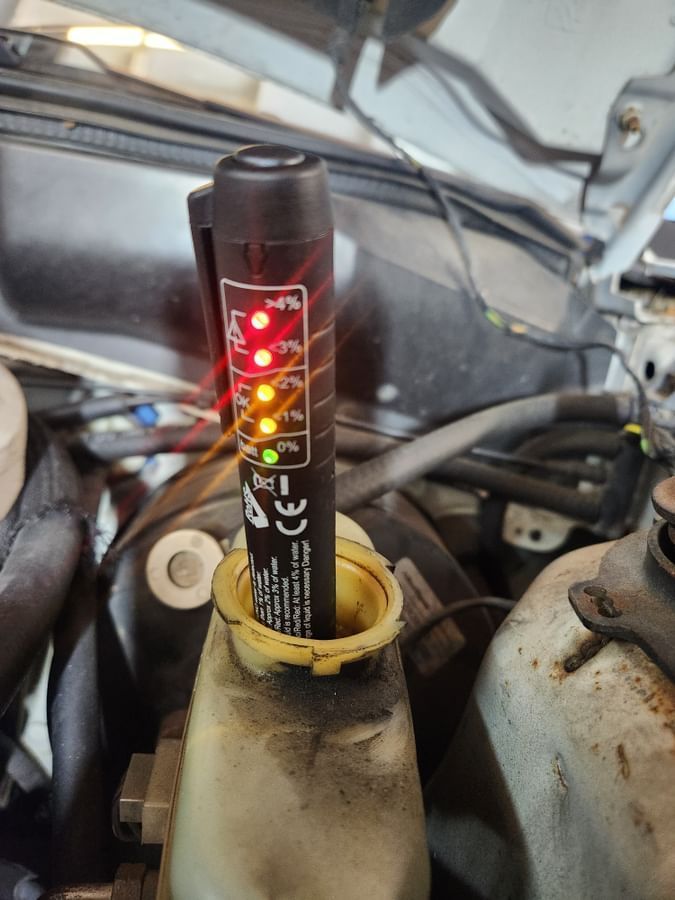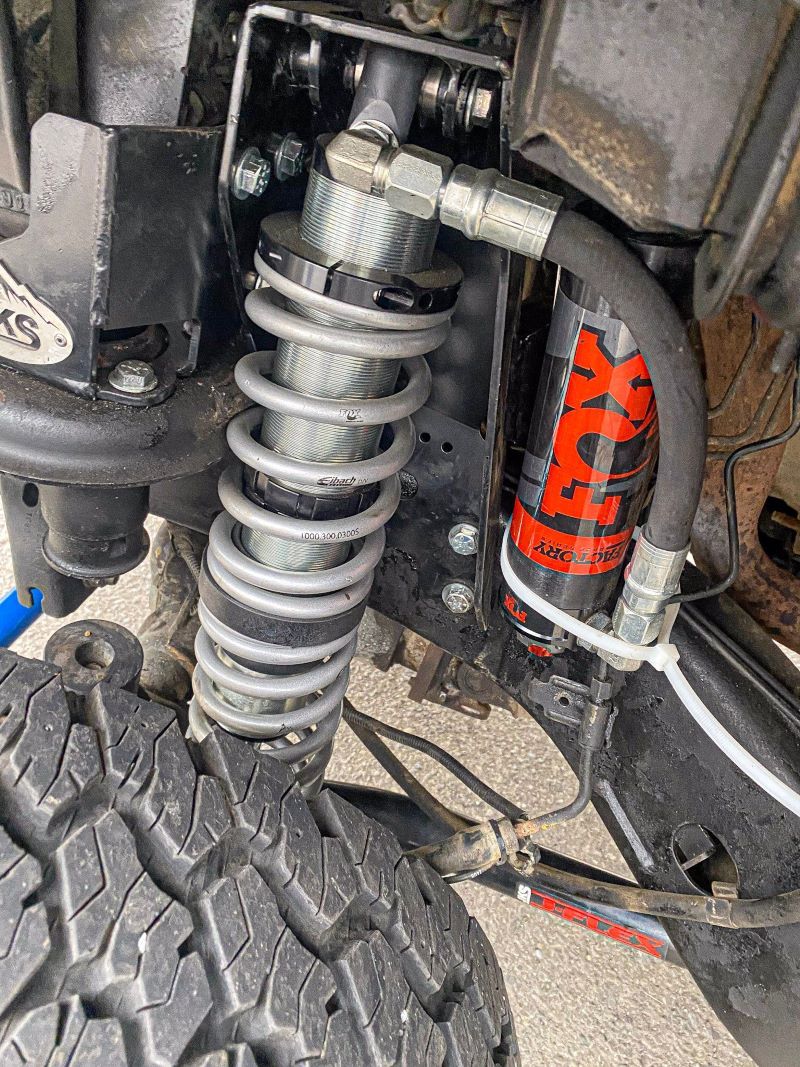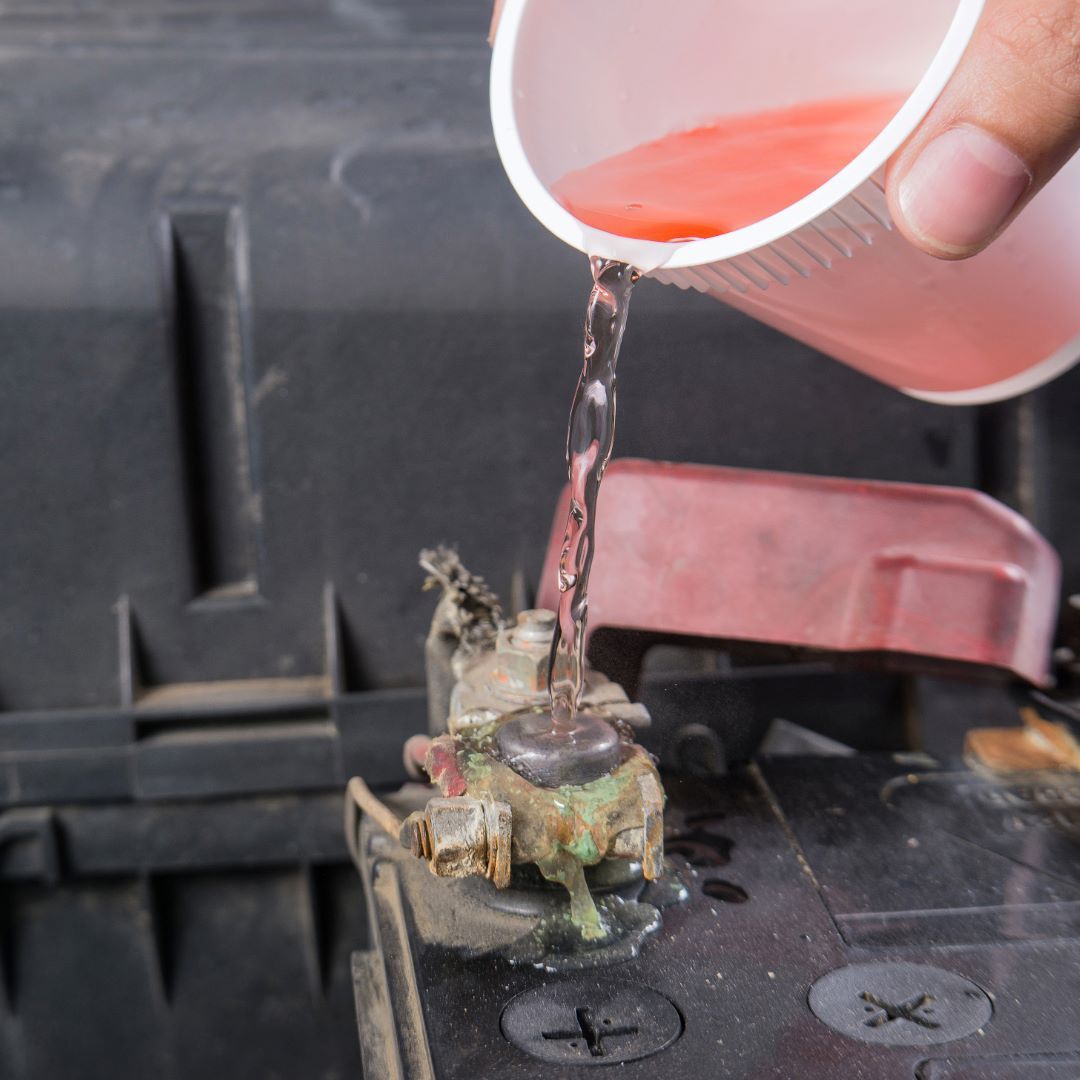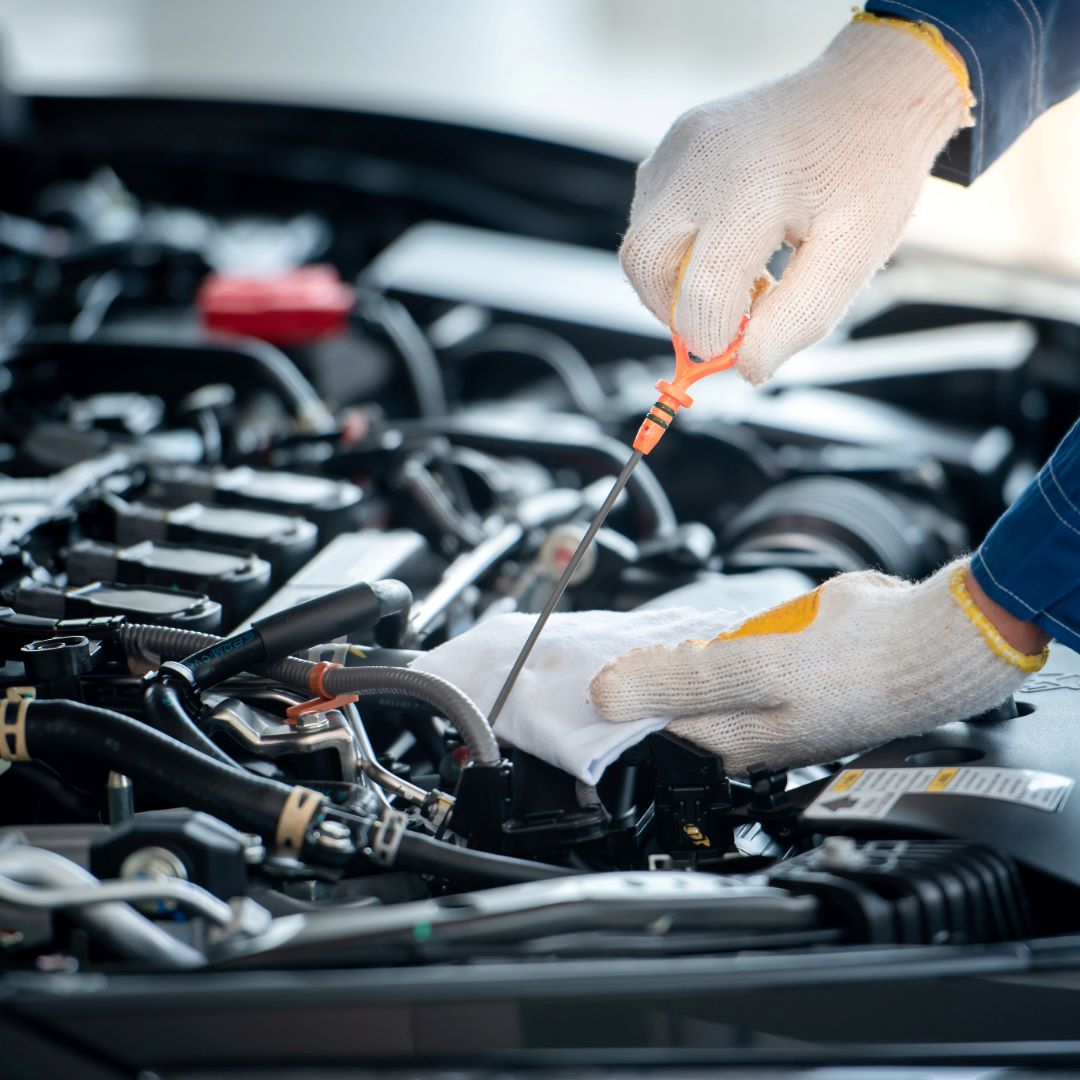Comparing Alternative Fuels: EV vs Propane vs Gas vs Diesel
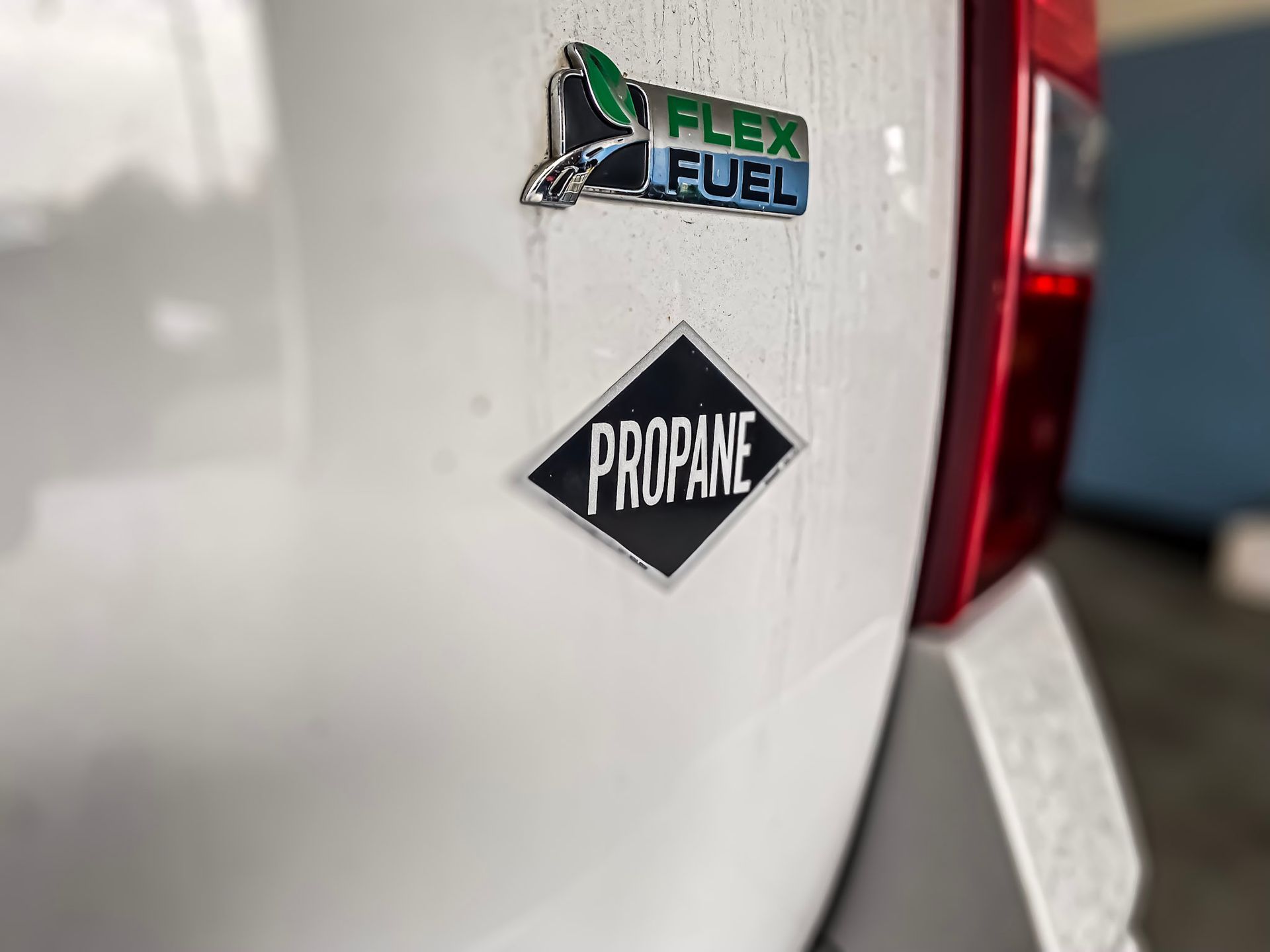
EV vs Propane vs Gas vs Diesel: Fuel Comparison Guide | ABC Auto Repair Burien
With more fuel choices available than ever, fleet managers and vehicle owners are weighing fuel options not only by cost but also by environmental impact. This post compares the four most widely used fuels, electric (EV), propane (LPG), gasoline, and diesel to help you decide which is right for your vehicle or fleet.
While gasoline remains the industry standard and diesel dominates heavy-haul use, alternative fuels like propane and electricity are gaining traction particularly in commercial and municipal fleets.
Energy Density: How Much Energy is Stored?
This metric measures the amount of energy contained in a given volume of fuel. Energy density is expressed in megajoules per kilowatt.
- LPG: 50.2
- Gasoline: 46.5
- Diesel: 45.8
- Battery (EV): 0.3
Yes, 0.3 MJ/kW for batteries staggering 1/100th of fuel-based energy density. But energy efficiency is a different story.
Energy Efficiency: How Effectively Fuel Becomes Motion
Efficiency refers to how much of a fuel’s energy is converted into forward motion.
- Battery: 69–90%
- Diesel: 30–41%
- Gasoline: 16–30%
- LPG: No specific percentage available, though typically less efficient than gas in combustion.
EVs gain ground here, but they need enormous battery packs (and significant vehicle redesign) to compete with fuel-powered options. That means heavier vehicles, higher production costs, and a more limited range.
Fuel Cost: What You’ll Pay to Refuel
Fuel cost is one of the most immediate and significant considerations for the average consumer and fleet operator.
- Battery (EV): ~26% of the cost of gas
- Propane (LPG): 50–70% of the cost of gas
- Gasoline: Baseline
- Diesel: Typically, 5–15% more expensive than gas
While electric power is significantly cheaper per mile, propane also provides consistent savings especially when purchased in bulk or stored at a private refueling site.
Other Ownership Costs
- Electric Vehicles: High initial purchase price, even with tax incentives. Great long-term fuel savings but not ideal for all-day commercial use.
- Propane Vehicles: Most affordable to convert from gasoline, especially for existing fleet vehicles like Nissan NV3500s, Ram chassis cabs, or Ford vans.
- Diesel Vehicles: More expensive to purchase and maintain, but ideal for hauling heavy loads thanks to high torque.
- Gasoline Vehicles: Still the most accessible and flexible but offer the least savings in operating costs.
Practicality & Infrastructure
- EVs: Limited infrastructure for long-range travel. Charging times remain a major limitation for fleet use.
- Propane: Also limited public refueling, but fleets can create private infrastructure. This is ideal for shuttle services, delivery routes, and return-to-base operations.
- Gas & Diesel: Convenient and widely available but come with higher fuel and environmental costs.
A propane setup with private stations can even outperform gas in convenience, reducing off-route fuel stops and idle time.
Environmental Impact: What’s the Greenest Option?
Let’s be clear: every fuel type has an environmental cost. Even EVs rely on a grid powered significantly by fossil fuels (63% as of 2019). EV production also involves the mining and processing of lithium for batteries, a process with its own environmental impact.
However:
- EVs don’t emit CO₂ while driving and draw from renewable power sources where available.
- LPG (propane) burns significantly cleaner than gasoline or diesel and is a by-product of natural gas processing, which reduces additional resource extraction.
- Diesel and Gasoline have the highest emissions both in production and usage.
EVs may win out in post-production emissions, but propane often offers a more balanced equation when considering acquisition, performance, emissions, and infrastructure.
Which Fuel Is Right for You?
If you’re a private driver with access to charging stations and the budget for an EV, electricity may offer the best long-term savings. But for commercial use where uptime matters most propane remains a smart, practical solution.
That’s why transport fleets like those servicing Sea-Tac Airport are already making the switch to propane. With lower fuel costs, simple conversions, and easier maintenance, LPG is an attractive alternative for any fleet that runs daily routes.
Convert or Maintain Propane Vehicles in Burien
At ABC Auto Repair in Burien, we specialize in propane conversions and full fleet maintenance services. If you’re exploring alternative fuel options for your fleet, we can help you weigh the benefits and implement a smooth transition.

